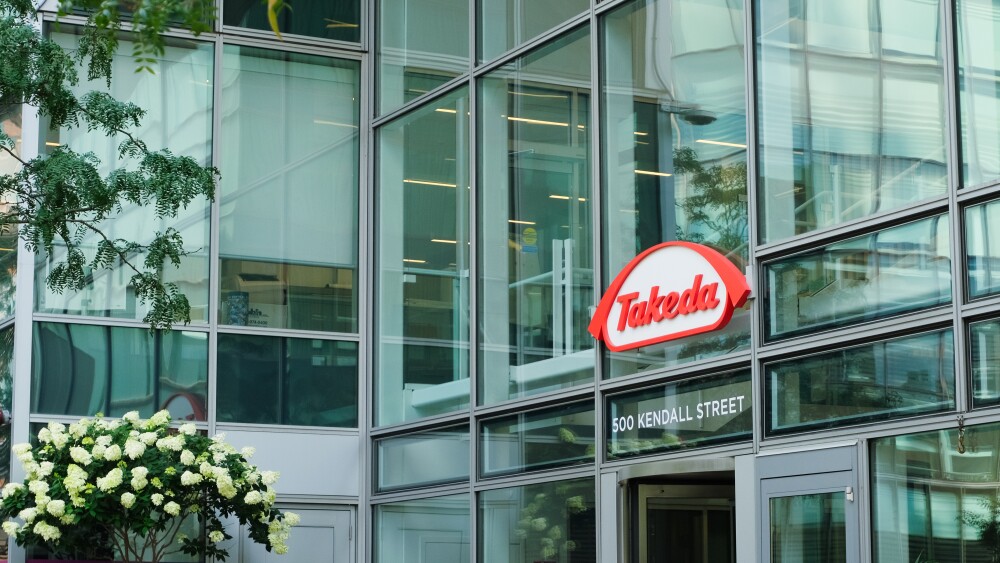The regulator has received reports that a group of patients treated with Adzynma had neutralizing antibodies against the protein the therapy replaces.
The FDA is investigating adverse events, including one death, in a group of patients who received an enzyme replacement therapy made by Takeda.
The patients were being treated for congenital thrombotic thrombocytopenic purpura (cTTP) using the drug Adzynma, which contains two copies of the human ADAMTS13 protein. The FDA received reports of patients producing neutralizing antibodies against the treatment.
The reported death occurred in a pediatric cTTP patient and “appears to be related to Adzynma,” the FDA said in its announcement of the investigation Friday. About 10 months after starting treatment with Adzynma, the patient presented with progressive neurological symptoms and was found to be producing anti-ADAMTS13 antibodies. The patient had previously experienced severe allergic reactions to fresh frozen plasma, a standard treatment for cTTP, which can also be used to replace the mutated enzyme, leading the FDA to believe the antibody reaction is related to enzyme replacement with Adzynma.
The FDA noted that current tests cannot differentiate between antibodies produced against the enzyme replacement or against the endogenous protein. The FDA also stated these reports of antibodies occurred in post-marketing settings, and that there were no issues of antibodies raised during the drug’s clinical trials.
Congenital thrombotic thrombocytopenic purpura is a rare blood-clotting disorder, occurring in fewer than 1 in a 1,000 people. It results from mutations in the ADAMTS13 protein, which is part of the body’s clotting cascade. Patients develop blood clots in small vessels throughout their body, typically during infancy or early childhood.
Adzynma was approved by the FDA in 2023 as the first enzyme replacement therapy for the condition indicated for preventative use, though it can also be given on-demand in an acute event, according to Takeda.






